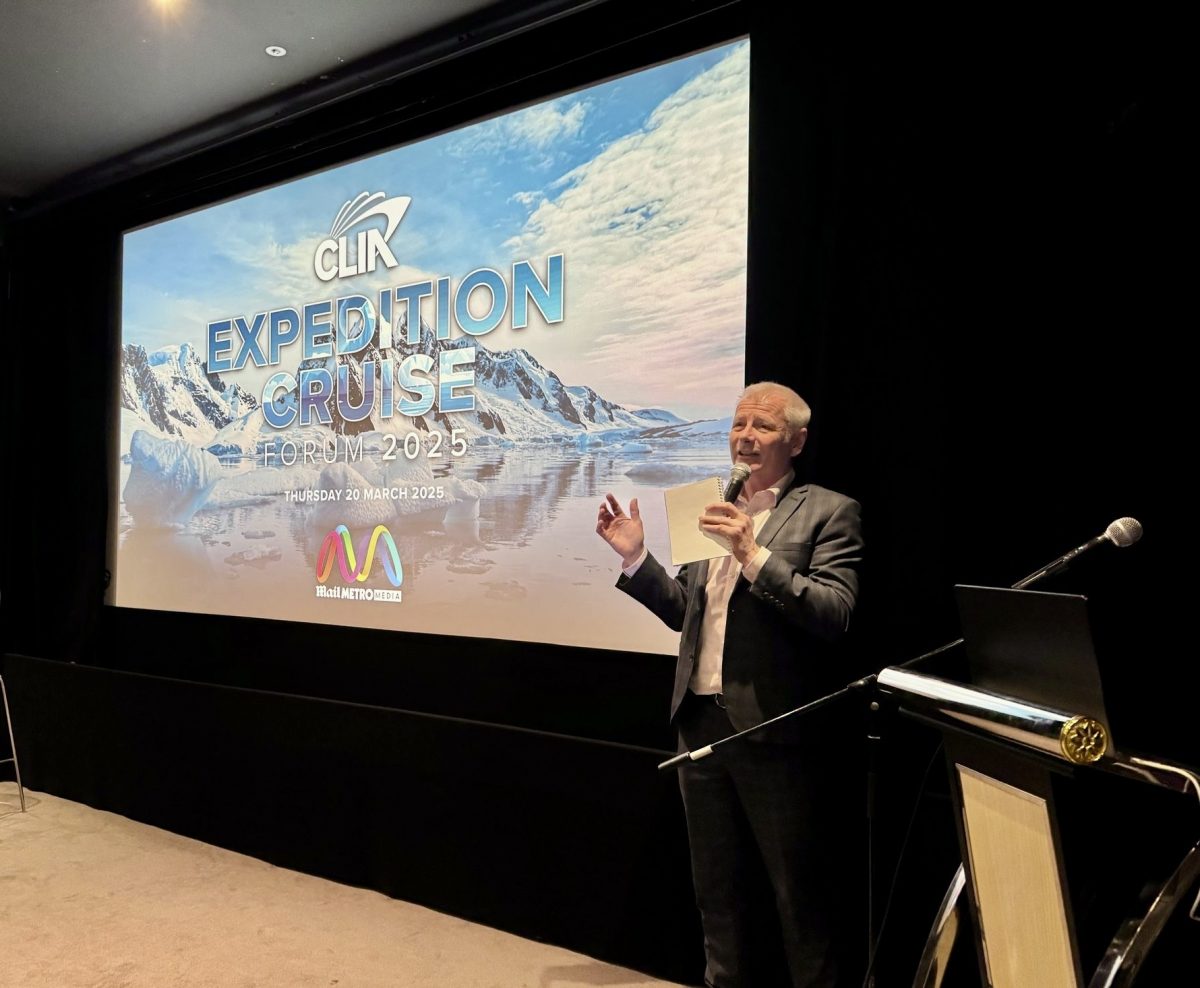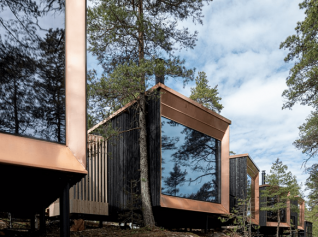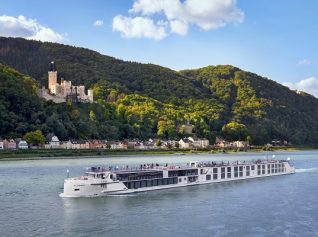Strangers are angels in Fiji
“Many of us grew up in villages,” said Annie, flashing us a trademark Fijian smile as she served a breakfast platter of fresh fruit, in an AAP report.
“Our grandfathers teach us that if we see a stranger, we should always talk to them, because you might be talking to an angel.”
It was an eloquent answer to a question I’d wanted to ask since we arrived 10 days before.
We had hopped across Fiji encountering a sublime mix of beaches, captivating culture and an underwater world of coral reef and fish in a thousand colours.
The common thread had been the warm greetings of everyone we’d met, from resort staff to strangers passing us in the street.
Perhaps it was the inherent good nature of the Fijian
people, or maybe it was that tourists are seen as investing in the country’s future.
For many villagers, tourism is the only hope of earning enough money to support their family without leaving for larger towns — so to many we really were heaven-sent.
Our last stop was Taunovo Bay, a newly-built resort and spa complex along the Coral Coast, an hour west of the capital Suva.
Annie, one of those who had come from villages to work in tourism, had served us breakfast on the terrace of our sumptuous Balinese-style villa, one of 10 strung out along a plot of 1,000 acres.
In front of us was a curve of white sand, framed by the features of Snake Hill to our left and Beqa (pronounced ben-ga) Island ahead in the distance.
The massive project, which had a “soft” opening on January 15, was carried out on the shadow of a tourism downturn — a result of the nation’s fourth coup in 20 years.
Yet one industry insider said that while a few had been scared off by travel warnings issued by the Australian and New Zealand governments, many more argued that “this silly coup is more about feuding politicians than anything else”.
On top of a necklace of white sand, the resort is also close to another geographical highlight: the Namosi Highlands, at the highest point of Fiji’s largest island, Viti Levu.
With a network of villages and a torrent of a river which would carry us home, the lush green interior juxtaposed the beachfront luxury of our villa and provided a glimpse into the lives of the Fijian people.
Although it takes a bumpy bus ride on a dirt road to get into the heart of the highlands, the journey provided incredible views and impressive photos.
By mid-morning we had reached the village of Nakavika — the turning point for our trip. After everyone had filed off the bus, we were each given a sulu, a traditional wrap-around skirt, to cover our legs before walking through the village to meet the chief.
It is traditional to take the narcotic drink kava with the chief before being welcomed into the village proper. After entering the wooden hut, our group sat in a circle around the bowl, and followed the local tradition: silence but for a single clap before accepting the half-coconut shell cup.
Once the liquid was gone, each guest then said a single word, maca — spoken ma-tha — as a thanks. Several of the Fijian tour guides, young men from this village, grinned at the grimace one of their own helpers gave when downing a cup of the muddy-tasting liquid.
“He stayed up until 2am drinking kava last night,” they explained with a laugh.
After the cup had made its way round the circle we were invited to talk to the chief, a wizened old man called Leo who sat on the floor in front of a small table; he thanked us for coming all the way across the world to visit him.
Then it was time to thread our way back through the village where smiling hellos were replaced by cheery goodbyes. But the journey back down was far from tedious, involving kayaking down the rapids of the Wainikoriiluva River.
Between negotiating class II rapids and rock mazes of the river, we gawped at the stunning views which surrounded us. Waterfalls dropped down on both sides of the river, and clumps of bamboo towered more than 20m above us, with lush green leaves which looked like giant bottle brushes swaying in the breeze.
Lunch was taken on a pebbly shore beneath the overhanging walls of a grotto opposite a small waterfall. Then we descended a final set of rapids and were taken back to the main road by motorised longboat.
By the time we returned to Taunovo Bay, several staff were already scurrying around; a chef preparing dinner, waitresses setting the table, a groundsman tending the already manicured gardens.
For us it meant service, for these people it meant valuable employment in a rural economy; no wonder we were thought of as angels.
A Report by The Mole from AAP
 United Kingdom
United Kingdom United States
United States Asia Pacific
Asia Pacific












































Royal Caribbean issues Legionnaires’ disease warning
Qatar Airways adding Manchester flights
Jet2 unveils Samos as new Greek destination for summer 2026
EU entry-exit system delayed again
ATC strike in Greece could disrupt flights this week